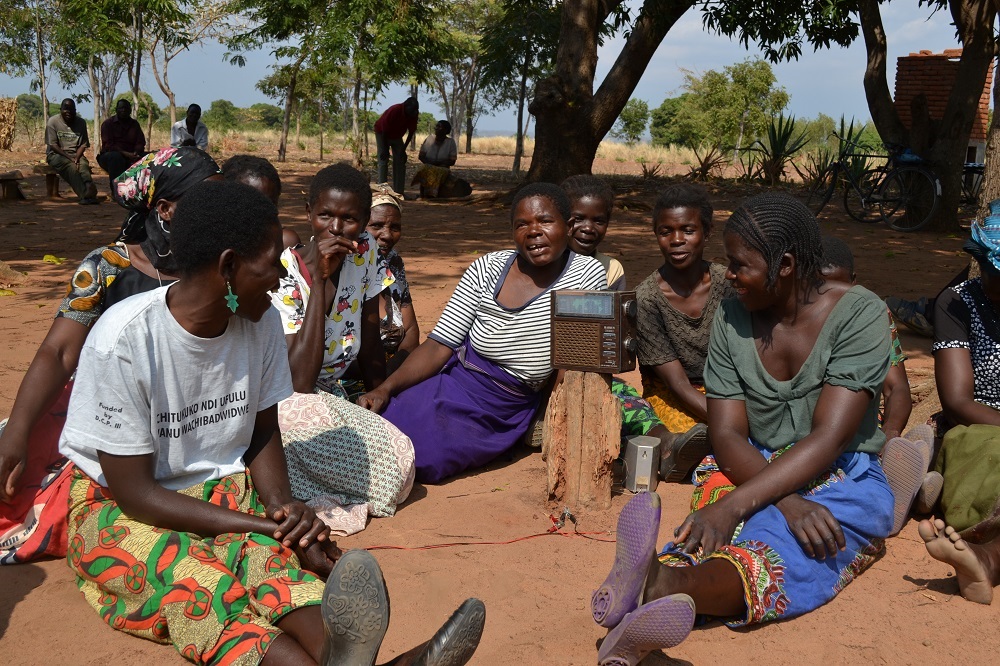
CABI has shared its expertise in digital agricultural and advisory services for smallholder farmers as part of Food and Agriculture Organization of the United Nations (FAO)-led capacity building workshop.
Dr Monica Kansiime and Rahab Njunge, who are both based at CABI’s regional centre for Africa in Nairobi, Kenya, delivered a presentation entitled ‘Good practices for empowering smallholder access to digital agricultural extension and advisory services in Sub-Saharan Africa.’
The event was aimed at promoting rural youth employment and entrepreneurship through digital innovation and was supported by South-South and Triangular Cooperation Division (PST) and Inclusive Rural Transformation and Gender Equality Division (ESP) at the FAO.
Sub-Saharan Africa is experiencing the fastest growth of youth population, yet youth unemployment in the region stands at 9 percent, with inactivity and poor employment quality also being major issues, especially in rural areas, where informality affects more than 95 percent of employed youth while 19 percent of youth are not in education, employment or training (ILO, 2020).
The primary objective of the workshop was to provide capacity building to policymakers, digital extension officers, young agripreneurs and researchers in Africa and Asia and the Pacific on promoting inclusive rural transformation and rural on-and off-farm employment and entrepreneurship through digital innovation.
Through the South-South and Triangular Cooperation Approach, the workshop facilitated strategic discussions on potential contributions of digital innovation to agriculture and rural development, with the focus on the creation of decent rural employment and entrepreneurship targeting young women and men.
It identified areas where the development of ICTs would provide added value in creating more and better jobs for young farmers and agripreneurs and promoting women empowerment and gender equality.
The CABI researchers highlighted how a 2021 CABI/FAO study – which sought to address challenges and capacity gaps in access to digital extension advisory services in Uganda and Kenya – showed that non-digital extension approaches remain dominant.
Limitations to digital extension and advisory services highlighted include low awareness of digital services availability, lack of access to affordable internet services, low digital literacy levels, lack of ownership and control of digital devices and limited technical support to use digital devices.
The survey found that 78 percent of 436 farmers accessed extension advisory services from electronic sources, with radio being the most dominant. Furthermore, only 32 percent of Kenya subjects and 10 percent of those surveyed in Uganda accessed information via mobile phone.
Farmers received digital information on various topics with a consistent demand for information on crop pests and disease, pesticide use, livestock production and health, markets and seed quality.
Given these challenges, further research was carried out to establish cases of good practices that support access to digital extension advisory services for smallholder farmers.
Dr Kansiime and Ms Njunge also gave examples of case studies involving other forms of media – such as television in Kenya, Uganda and Zambia.
In this case, a knowledge-based agricultural entertainment television programme called Shamba Shape Up – covering everything from crops, livestock and poultry farming reached up to 1.7 million Kenyan households alone on each Sunday in 2021.
In a study to assess the impact of the programme, 87 percent of smallholder viewers said they had learnt something and 45 percent said they adopted new practices as a result of watching the show.
The researchers also highlighted the benefits of the ‘Amplio Talking Book’ as a means of disseminating agricultural extension advisory services. This device has many benefits. They include bridging the digital divide for women as they have no cost/ownership issues associated with a mobile phone or radio.
The device also has the ability to address literacy challenges – with audio prompts and graphic symbols to help guide the user – and it does not require an internet connection which is often absent for many smallholders in rural communities.
Meanwhile, M-Omulimisa Innovative Agricultural Services in Uganda and Zambia was able to adopt a village agent model to reach nearly 58,000 smallholder farmers of which 42 percent were women.
Through the use of a mobile phone app and SMS messaging, the service was able to act as a one-stop shop for users – providing access to advice on crops, livestock and poultry.
In their case, sustainable collaboration with a broad cadre of partners ensures farmers have access to a bundle of agriculture-related services such as ag-insurance, inputs demand aggregation and distribution, mobile based extension, soil testing and micro loans, weather and market information.
Ms Njunge said, “The capacity building workshop was an opportunity for CABI to share its expertise from the field with other stakeholders but also to put forward policy recommendations that serve to help overcome barriers to inclusion.
“The nine Principles for Digital Development are recommended as fundamental guidelines to help shape the design, roll-out and scale-up of ICT tools to derive maximum benefit for end-users.”
Additional information
Main image: Agricultural extension is important to help smallholder farmers apply tried and tested agricultural practices that improve their yields (Credit: CABI).
Development communication and extension
Find out more about CABI’s work communicating knowledge to make lasting change and improve livelihoods here.
1 Comment
Leave a Reply
Related News & Blogs
On Earth Day, we take a look at climate change and agriculture
Climate change poses a threat to the livelihoods of smallholder farmers, exacerbating existing risks like extreme weather and the migration of crop pests and diseases that threaten food security. Already, the climate crisis is accelerating biodiversity…
22 April 2024

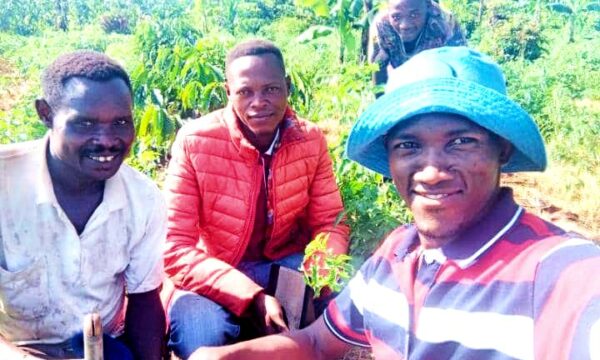
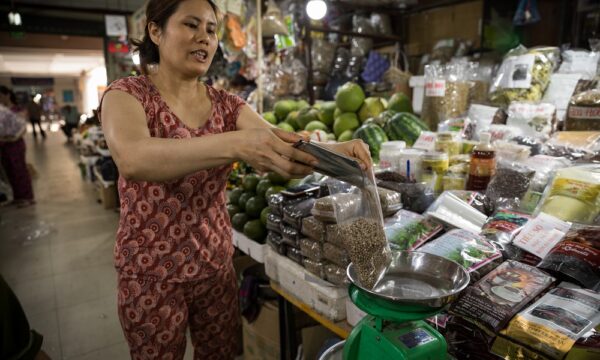
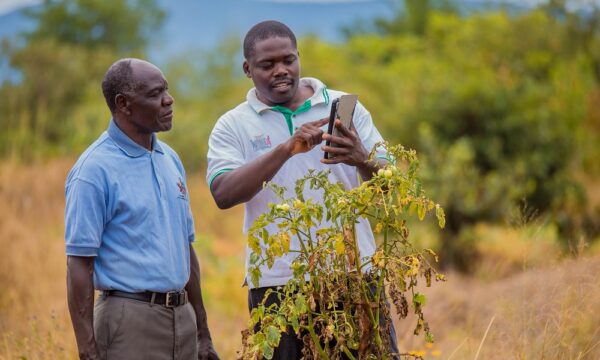
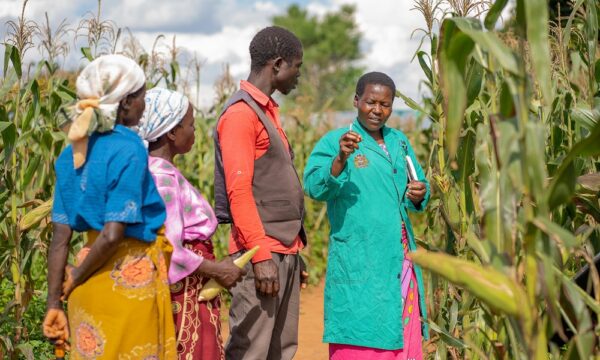
Nice work it will make agriculture extension work easy and hence good service delivery